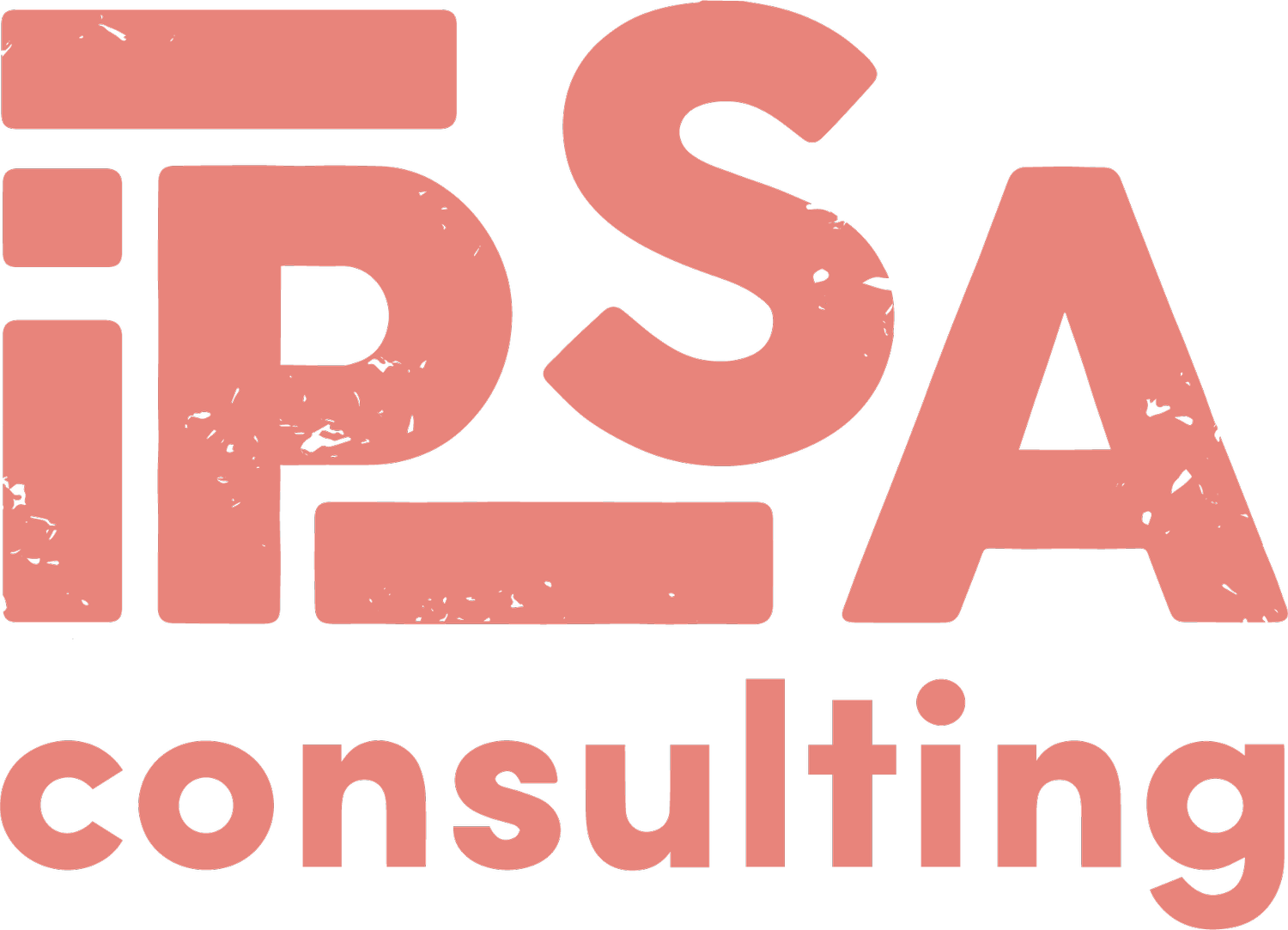Harnessing & Embracing Menstrual Cycles for Workplace Sustainability
Nina Alexander is a Surrey-based entrepreneur with a passion for people and the planet. She is a Mum of four determined to “do her bit” for the Earth and its inhabitants, creating positive impact now and for generations to come. Founder of Annahitah, Nina and her team dedicate their work and passion to the improvement of sustainable female health and wellbeing globally.
Have you ever considered how the management of your monthly periods can impact your carbon footprint within your working environment?
In the global pursuit of sustainability, every aspect of daily life is being scrutinised for its environmental impact. Yet, one area that often remains overlooked is menstrual health and hygiene. In this guest blog, we explore how the provision of eco-friendly menstrual products and advocacy for the integration of sustainable period practices into workplaces worldwide can make a significant positive impact.
What is the relationship between periods & UK workplace waste?
The environmental toll of conventional menstrual products is staggering. On average, a menstruating individual will use approximately 11,000 disposable pads and tampons in her lifetime. Multiply this by the number of female employees in a workplace, and the cumulative waste becomes alarming.
Disposable menstrual products are typically made from plastic and non-biodegradable materials, exacerbating landfill pollution and ocean plastic contamination. Moreover, the production process of these products involves significant energy consumption and resource depletion; from the extraction of raw materials through to manufacturing and distribution, each stage contributes to harmful carbon emissions and environmental degradation.
The Workplace (Health, Safety & Welfare) Regulations 1992 dictate that all businesses must provide a suitable means for the disposal of sanitary products in female washrooms - rightfully so. The exact volume of resulting sanitary waste, however, is difficult to fully quantify. What we do know, though, is that an excessive number of tampons are being flushed down toilets in the UK every single day - approximately 2.4 million! This leads to blocked sewers and environmental damage as a result of period shame.
Period shame is likely, therefore, to be even more prevalent within a workplace setting compared to the home environment. It seems fair to assume then that millions of tampons a week are being flushed down workplace toilets in particular. Such staggering workplace waste figures do not take into account how many are being correctly placed in sanitary bins for disposal, and the resulting environmental impact of this, too. By adopting sustainable period practices, therefore, workplaces can mitigate their ecological footprint and contribute to a healthier planet.
How can employers cultivate a period-positive workplace?
Some positive changes have already been made in the UK in recent years to make periods more accessible both within and outside of the workplace. In January 2024, for example, the UK government abolished all tax and VAT on period items such as period pants and tampons. In addition, the BSI (British Standard Institution) published new workplace standards on menstrual health and menopause in response to the general lack of understanding about the negative impact this can have on women in a working environment.
Here are some simple steps that can be taken to further reflect these advancements & promote sustainable menstruation:
Provide Reusable and Eco-Friendly Products: Encourage the use of reusable menstrual products, such as period underwear, and stock these in workplace restrooms. These alternatives can significantly reduce waste generation when compared to disposable pads and tampons. It is estimated that it takes up to 800 years to decompose just ONE tampon.
Support Menstrual Leave Policies: Implement inclusive policies that acknowledge menstruation as a natural biological process and allow employees to take menstrual leave if needed. This fosters a supportive and understanding work environment while promoting menstrual health.
Educate and Raise Awareness: Organise workshops or training sessions to educate employees about sustainable period practices, menstrual health, and the environmental impact of disposable products. Knowledge empowers individuals to make informed choices and advocate for change.
As society progresses towards a more sustainable future, it is imperative to recognise the role of ethical menstrual choices in this journey. By embracing reusable and eco-friendly products, implementing inclusive policies, and raising awareness, workplaces can not only reduce waste but also foster a culture of empathy and empowerment.
Let's create workplaces that prioritise both people and the planet.
If you want to encourage a more positive period experience for the females in your workplace and would like to introduce Annahitah “Pro Flo” period pants into your work environment, you can contact the team via email at contact nina@annahitah.com to explore the range of options - including a bespoke period pant vending machine! You can also keep up to date with Nina and the team on Instagram.
To explore how savvy sustainable marketing can take your positive impact business to new heights, book a discovery call with Cath.
